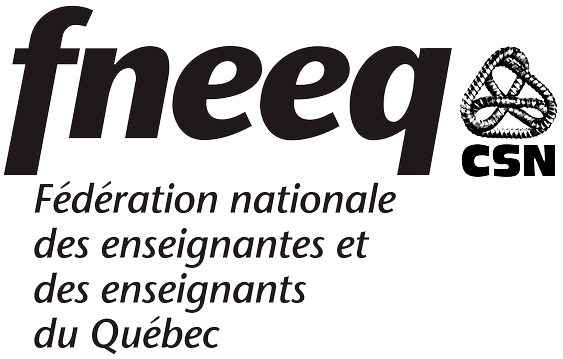
Federal congress
The federal congress is the federation’s highest authority. It determines the federation’s direction and outlines general policies. Members of the executive committee, federal bureau and federal committees are elected during this congress. Each union has the right to a certain number of official delegates, according to proportions outlined in the constitution and by-laws. The congress has wide-ranging powers: it makes all decisions and gives all directives relating to how the federation operates. The congress takes place once every three years, normally in May or June.
Federal council
The federal council, held twice a year, is an opportunity for union delegations to meet between congresses. The federal council contributes to the development of the federation’s direction and outlines general policies within the framework of decisions made during the congress. Each union has the right to a certain number of official delegates, according to proportions stated in the federation’s constitution and by-laws.
Federal bureau
The federal bureau meets at least six times a year. It coordinates the work of committees formed by the federal congress, takes a position on all issues that could affect the federation or members of local unions, recommends the agenda and resolutions submitted to the federal council or congress. The federal bureau is composed of people designated by the federation’s three alignment regroupements and elected by the federal congress, according to provisions in the constitution and by-laws. To find out more about the structure of the federal bureau…
Coordination committee and regroupements
The coordination committee oversees the activities of each regroupement and liaises with the executive committee. It is made up of executive committee members and regroupement coordinators elected by the congress. Put in place by the federal congress, it groups unions together by sector (regroupements) according to criteria that promote union life. Each regroupement discusses its common problems, decides how to negotiate and how to apply collective agreements. Each regroupement operates autonomously in accordance with its own constitution and by-laws. It determines its own direction, makes its own decisions, and has its own budget. Each regroupement’s operating rules are ratified by the federal bureau, which receives an updated activity report at each meeting. Coordinators are designated according to the rules of each regroupement and elected to the coordination committee at the congress.
Executive committee
The FNEEQ executive committee is made up of four teachers elected at the federal congress. The executive committee implements decisions made at the congress, council and federal bureau. It takes a position on all issues that could affect the federation or members of local unions.
Federal committees
Federal committees are created by the congress and their mandate is to submit positions and general policy outlines to the executive committee and the federal bureau. The congress defines committee composition and elects members, with the exception of the federal Insurance and Pension Committee.
There are seven committees :
International Action committee;
Insurance and Pension committee;
Job Security, Replacement and Union Life committee;
Health, Safety and Environment committee;
Click here to find out more about the role of committees and their members.
Constitution and by-laws
Click here to get a copy of FNEEQ’s constitution and by-laws.
Download the CSN’s constitution (in English)


